Senior Visual Designer at Each&Other, specialising in User Interface and digital design
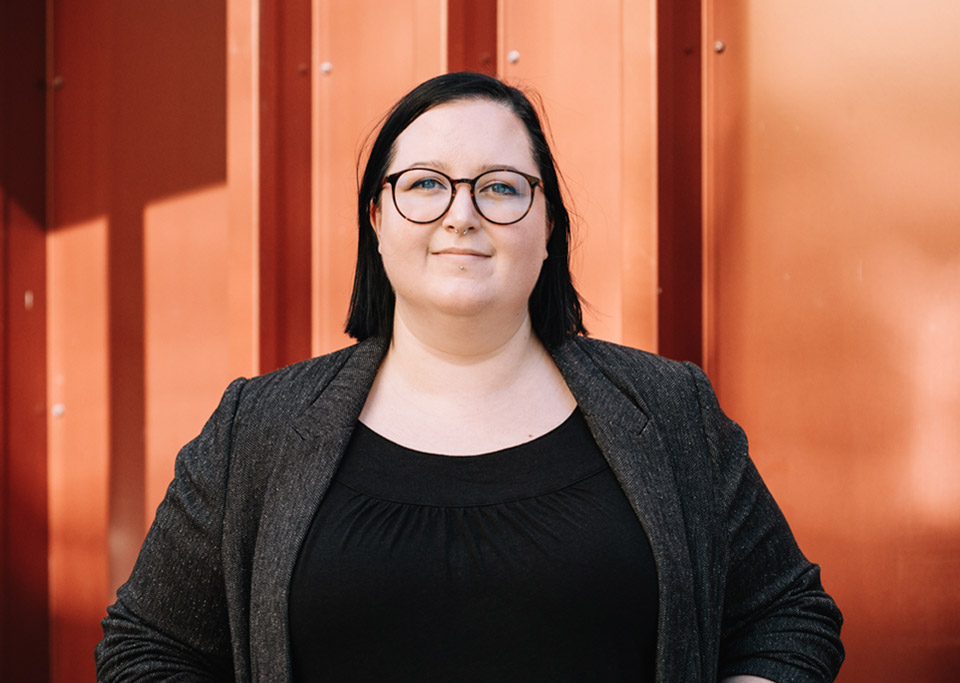
What's a visual designer?
It's designing with more of a focus on look and feel. I sit in that space between marrying the UX strategy with user needs and goals, with the brand and how it looks and how it's perceived and making sure those things work together.
Can you explain what UX is?
UX is user experience, it's the process of figuring out what the people who are going to use your product, need.
Did you always want to be a UX designer or a visual designer?
No, I had no idea what they were. It didn't enter into my vocabulary for some years later.
When I was at school I was very much into art and that was kind of a pretty constant thread all the way through, from when I was very young.
When I was leaving school, the big push was towards science subjects, so that's what I did.
My first attempt was wanting to do biochemistry, but my teacher insisted I take a year before I do that to do a portfolio course.
It really didn't take me very long to realise I didn't want to work in a lab, I wanted to work in a studio.
Was your decision to study art supported?
I never felt dissuaded from art. I think it was a higher education or societal thing that it was at the time. All my friends were doing science, so I just kind of went with the flow, but I never felt like I couldn't or shouldn't do art as such.
Design didn't really feature in my brain or my vocabulary at that time either, I was thinking just pure art.
Would it be fair to say that when it comes to art, there's no direct route/career?
I think when I did land into art, I don't think I was thinking about what my career would be or what my job would be or how I would make money.
I had initially considered Limerick because they were very well known for their graphic design and illustration which is what I was interested in. Then I met the folks down in Crawford in Cork and I fell in love with Cork, and the college.
...give yourself permission to pursue whatever it is that you're drawn to and not to dismiss that
How did you end up in the design world?
I took some time out, and in between, I found this FAS course. It was a four-month web design course. I had no idea what it meant, really, but at the time it would fill a gap.
I went back to college and then I heard from the tutor from that course, who said a guy he knew was hiring a designer and I should consider applying. I thought, yeah, I've nothing to lose I might as well.
How did you find that?
I had no idea what I was doing, realistically. I felt like an absolute fraud. I had no experience of a commercial setting.
I was annoyed at myself for not realising sooner that it was a job I could do and make money from.
If you knew about this in school, would you have gone down that path?
Absolutely. My Leaving Cert subjects were science and art. There's a lot of cross-over in terms of thinking, and design, especially, is problem-solving. You're figuring out what issues are, figuring out solutions and you're being creative in how they can be solved. Science involves a lot of that as well.
I wasn't even aware that design was a route or an option, specifically design even as a word. In terms of the digital product side I had absolutely no visibility of that when I was at school.
It's not as linear or direct as you being just a scientist or just an artist or whatever it might be.
How did you start in Each&Other?
They were one of the agencies that were always on my radar.
I applied as a visual designer. I got the job and it immediately felt like it was the thing I had been looking for.
What is a typical day?
It's a very collaborative process here, so I don't find myself tucked away in the corner by myself for long periods of time, which is nice.
Most days will involve working with the team, figuring stuff out. At the beginning of a project there'll be workshops, so that will be a group of us in a room with the client, with lots of post-its, lots of white boarding.
Then it'll almost always involve sitting in front of a screen at some point, so that's working out the details. That first of all involves sketching. Then it's translating that into some sort of digital output.
Where do you see yourself in the future?
I can always see myself being a designer, I do enjoy the hands-on aspect of it. So as long as I'm designing and I'm working with really nice people, I'll be happy out.
Advice for someone in secondary school?
You're very young when you're coming out of secondary school and it's very hard to know what you want to do at that stage, and it could change and that's fine.
The main thing would be to give yourself permission to pursue whatever it is that you're drawn to and not to dismiss that.
I've learned that if you're in a moment and you're kind of scared of something, as long as it's not crippling, it's probably okay. It's probably going to teach you something.
Just give yourself that permission to do that thing that's pulling you.

